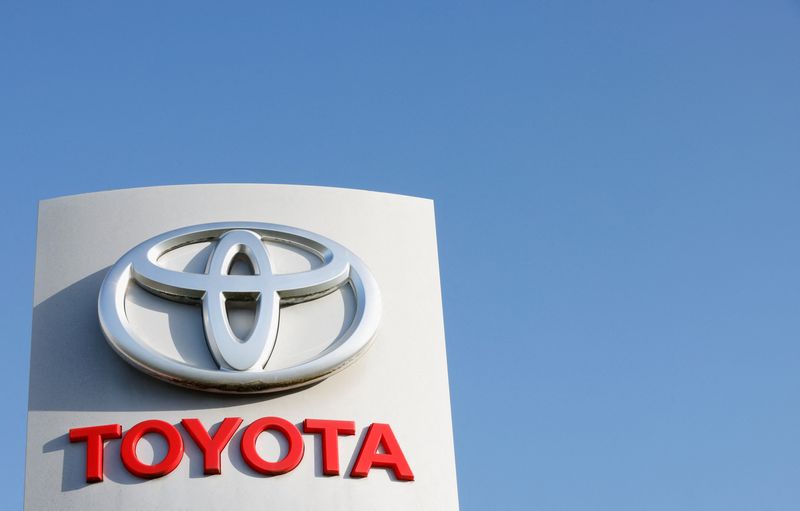Japanese automaker Toyota’s global sales jumped 10.3% year-on-year to 773,271 units in February, its first year-on-year increase in three months, driven by strong domestic sales, according to a company statement released Thursday.
Global production of Toyota-branded vehicles went up 2% to 755,839 units, marginally higher than its goal of 750,000. The increase follows an 8.8% jump in January. Domestic production continued to show a strong recovery, posting an increase of 11.2% last month.
“In February 2023, global sales and production were both up year-on-year as a result of a rebound from a decline caused by the impact from the tight supply of semiconductors and spread of COVID-19 in the previous year,” Toyota said in a statement.
However, the Japanese carmaker cautioned that it would be difficult to predict the situation moving forward as chip and parts shortages might continue to pose a problem for the company. Toyota said it would continue to carefully monitor the parts supply situation and minimize sudden falls in production as much as possible.
In December last year, Toyota apologized for its “repeated adjustments” to its production plan, blaming semiconductor and raw materials shortages that resulted from COVID-19 restrictions.
The company announced in a surprise management reshuffle in January that Akio Toyoda, who has worked to strengthen the Japanese automaker’s ambitions in the electric vehicle (EV) sector, will step down as company president and CEO to take on the role of chairman effective April 1.
The automaker’s chief branding officer Koji Sato, also president of Toyota’s luxury brand Lexus, will replace 66-year-old Toyoda, the grandson of the company’s founder Kiichiro Toyoda when he takes on his new role. The current chairman Takeshi Uchiyamada will drop his title but continue as a board member, Toyota said in a statement.
Toyota may have revolutionized the hybrid, but it has lagged in electric vehicle (EV) production. In May 2022, Toyota launched its first mass-produced battery EV in Japan on a ‘lease only’ basis to ease customer concerns regarding battery life, maintenance, and resale value.
In 2019, the company partnered with another Japanese automaker, Subaru, to jointly develop a battery-electric drivetrain platform, which would first take the form of a C-Class SUV. Toyota developed the bz4X, while Subaru developed the Solterra.
The year 2022 it had been challenging for Toyota, with the automaker posting a 25% decline in operating profit for the quarter that ended September 30, 2022, due to the soaring costs of materials and a persistent chip shortage.
In the earnings call last year, Masahiro Yamamoto, Toyota’s chief accounting officer, said that the company was impacted by the business environment’s dramatic shifts from the rapid changes of foreign exchange rates and rising interest rates to the surging material costs










